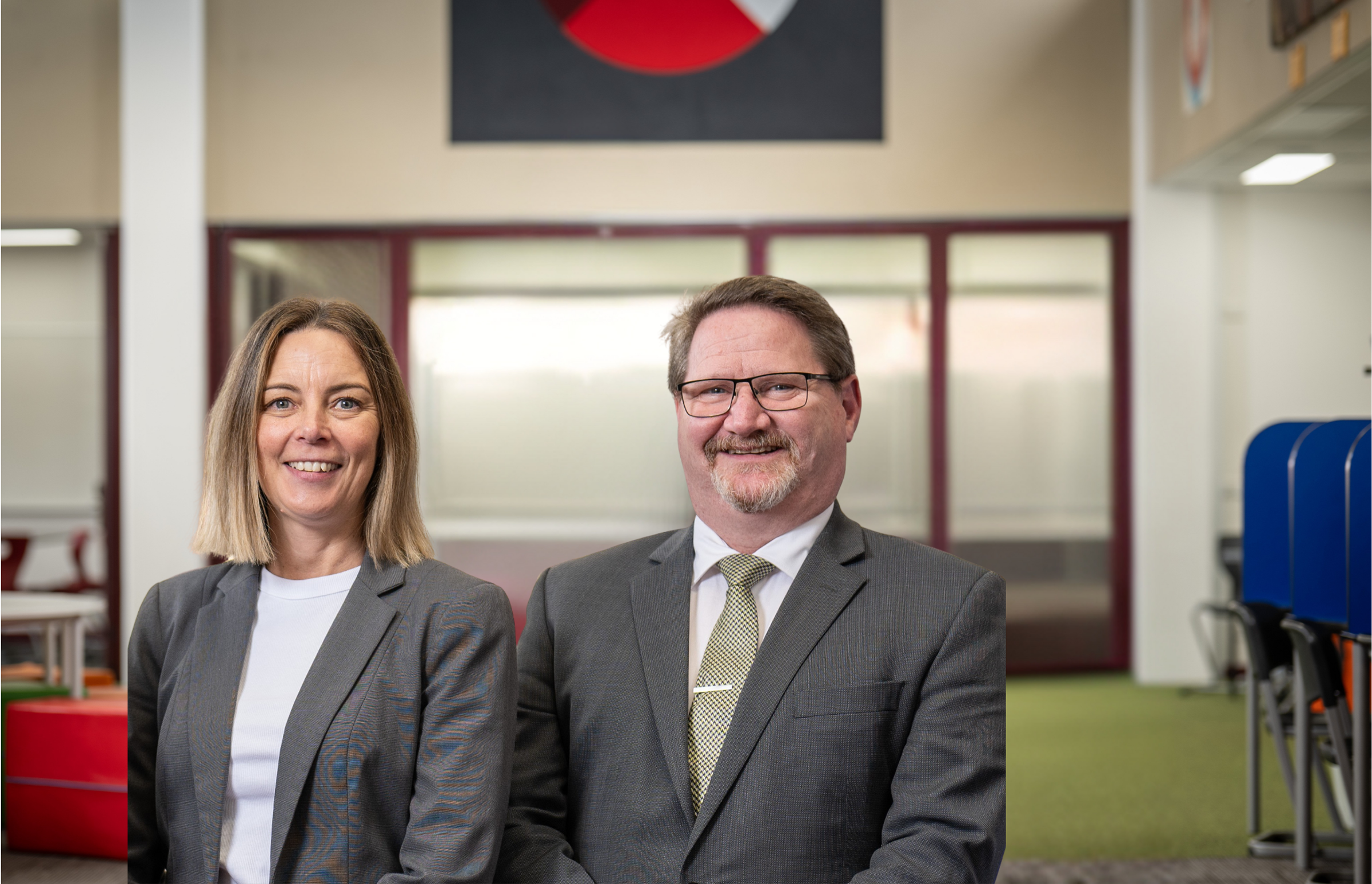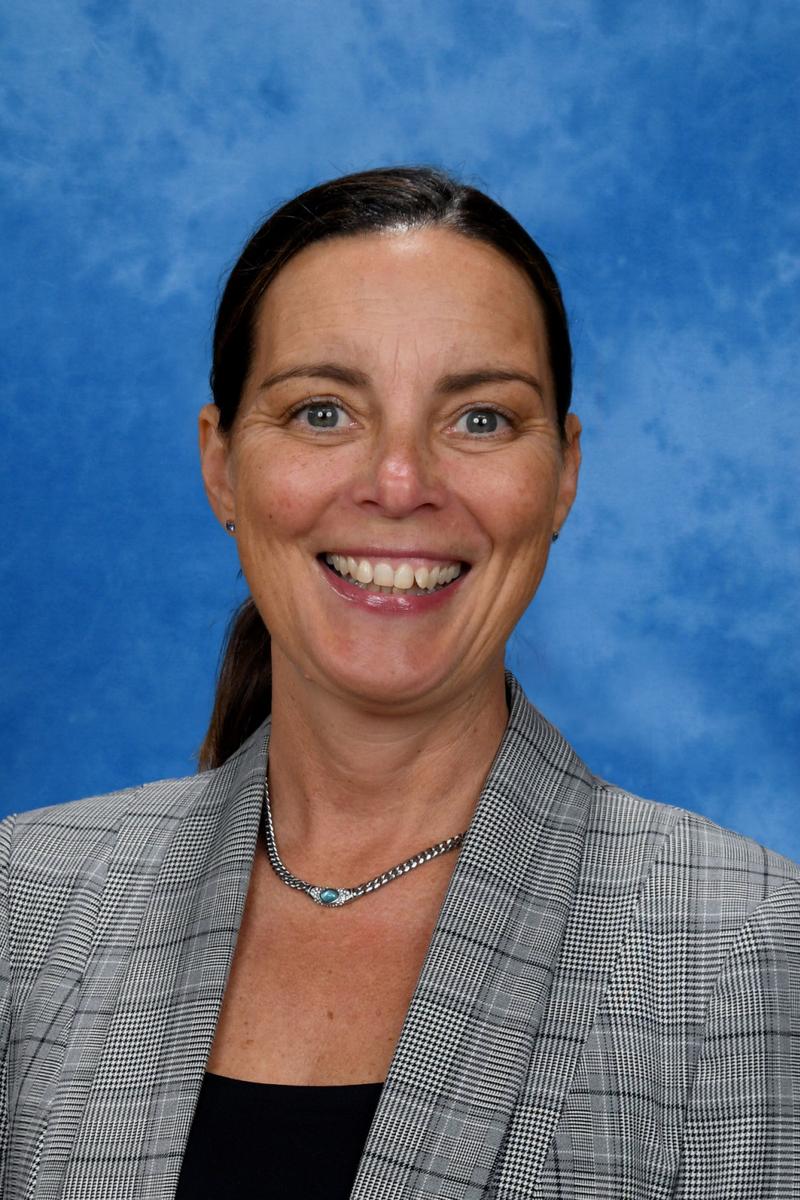Assistant Principals

Owning the Learning Journey: The Power of Student Agency
As the year unfolds, it becomes increasingly important for students to see themselves not just as participants in learning, but as drivers of it. When students take ownership of their learning journey, something remarkable happens—they become more motivated, more engaged, and more purposeful.
Student agency is about more than choice; it’s about recognising that each learner plays an active role in their growth. This means setting goals, seeking feedback, reflecting on progress, and making decisions about how to improve. When students feel empowered to make these choices, they develop the confidence and resilience that will serve them well throughout life.
Of course, agency doesn’t develop in isolation. Teachers create the conditions for agency by offering meaningful challenges, clear expectations, and supportive guidance. They encourage curiosity, scaffold reflection, and model what it means to be a lifelong learner. Parents, too, have a vital role—asking questions that invite self-reflection, celebrating effort, and encouraging persistence in the face of setbacks.
Agency does not mean doing it alone—it means taking responsibility within a supportive community. It’s about being proactive, not passive; self-aware, not self-critical. It’s about students knowing that their actions matter and that their learning belongs to them.
When students take ownership of their learning, they begin to see challenges not as obstacles, but as opportunities. They become more than learners—they become leaders in their own development.
Let’s continue to build upon our culture at Oakleigh Grammar where every student feels empowered to shape their path, make informed choices, and strive with purpose.
Aim High, Achieve More.
Lance Ryan
Assistant Principal – Academic
Supporting HARK Values at Home:
At Oakleigh Grammar, our HARK values—Humility, Aspiration, Respect, and Kindness- are at the heart of our learning community from ELC through to Year 12. Families play a key role in helping children and young people live out these values every day. Talking about goals, encouraging effort, and showing appreciation for others’ strengths helps nurture both humility and aspiration at any age. When students see adults modelling these values—like learning from mistakes or striving to improve—it helps them build character and resilience.
Respect and kindness grow through daily actions and conversations. Whether it's sharing toys, including someone new, listening without interrupting, or helping around the house, children learn the importance of caring for others in simple, meaningful ways. When schools and families work together to model and reinforce the HARK values, we help our young people become not only successful learners, but thoughtful and compassionate citizens.
Shelley Parkes
Assistant Principal - Head of Junior School


